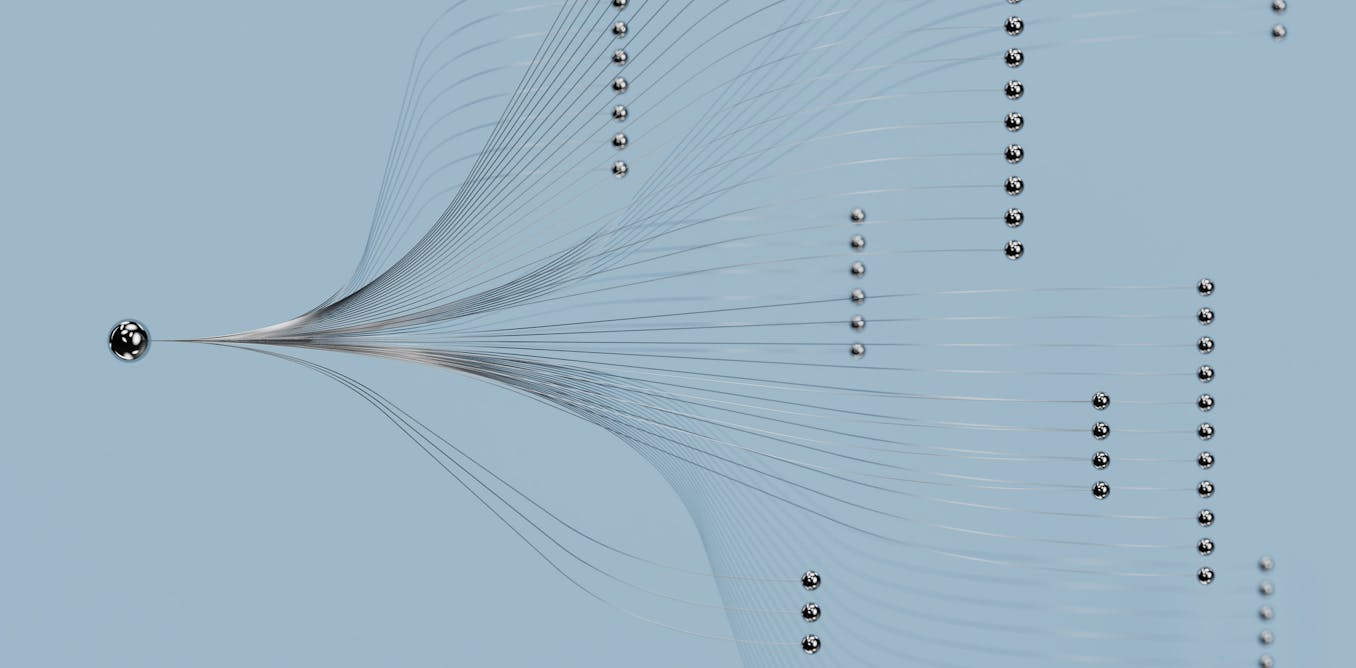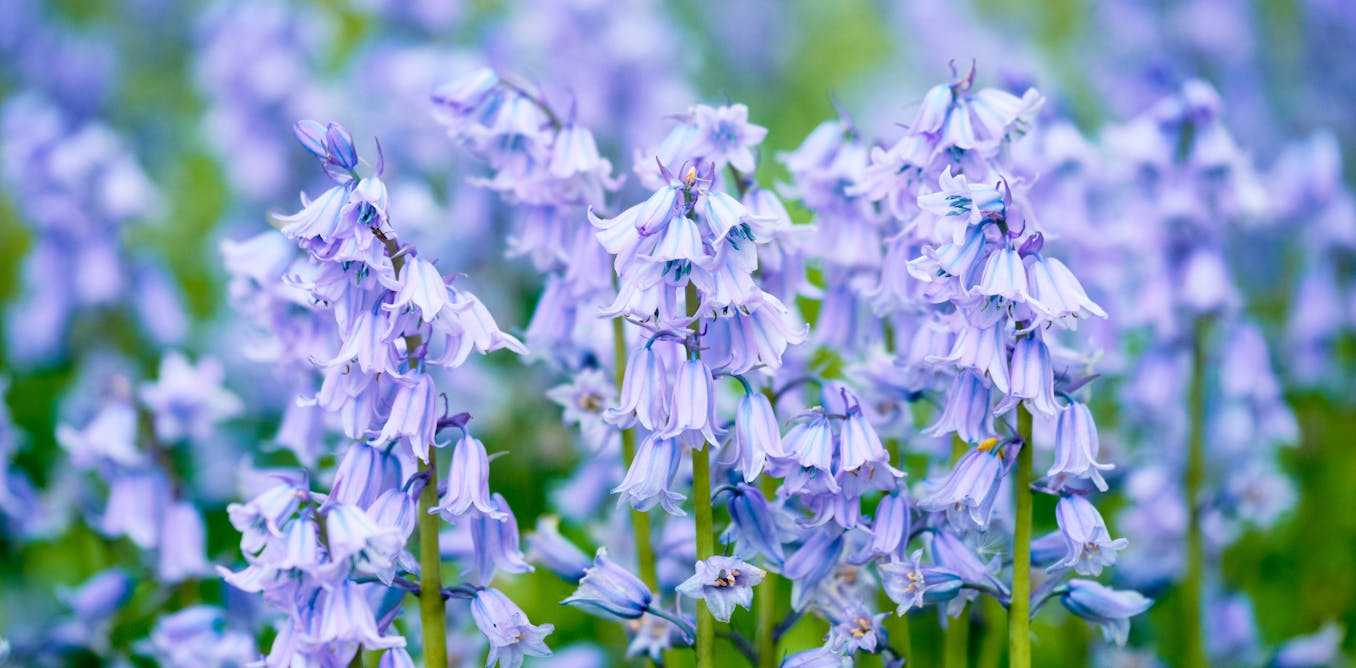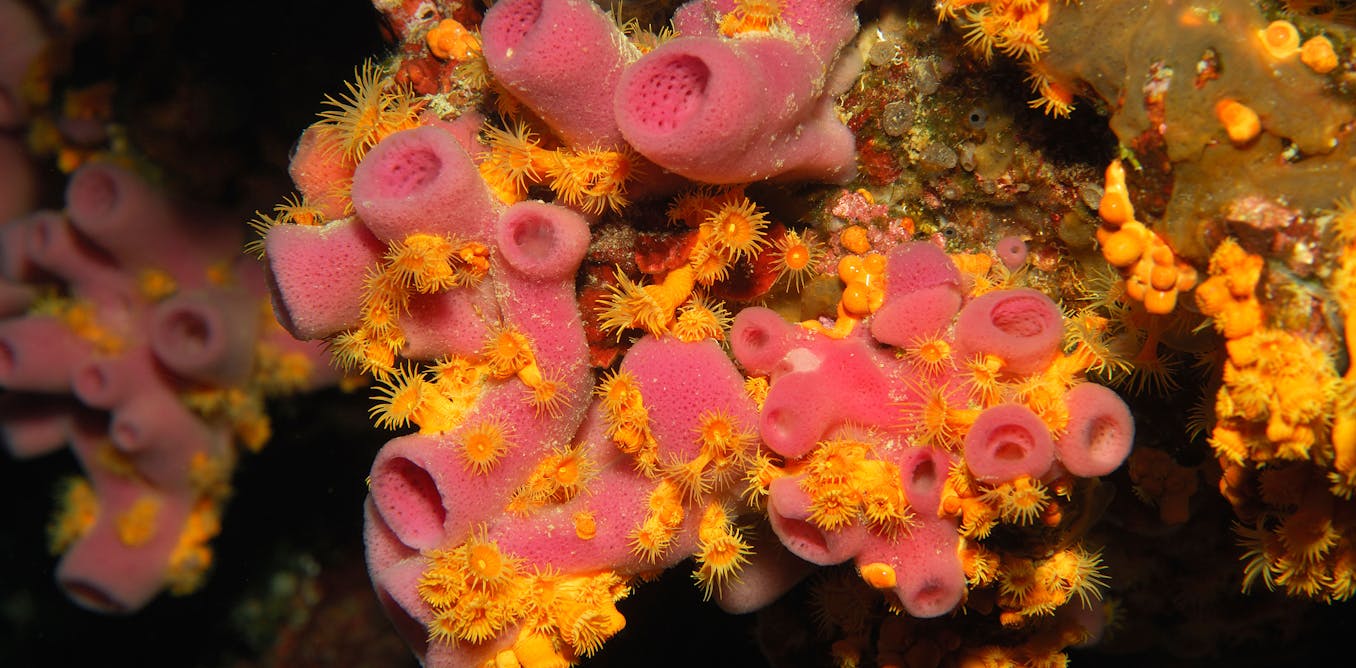Extraterrestrial life may look nothing like life on Earth − so astrobiologists are coming up with a framework to study how complex systems evolve
A specific set of chemical conditions led to the emergence of life on Earth. But can life emerge from other chemistries?
Dec. 6, 2024 • ~10 min









